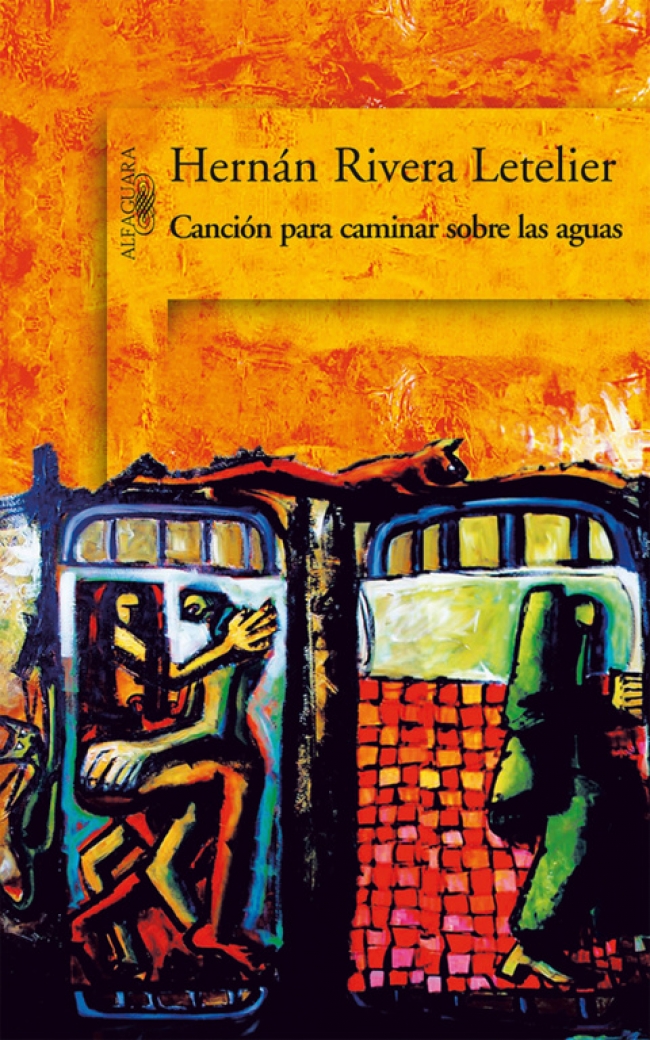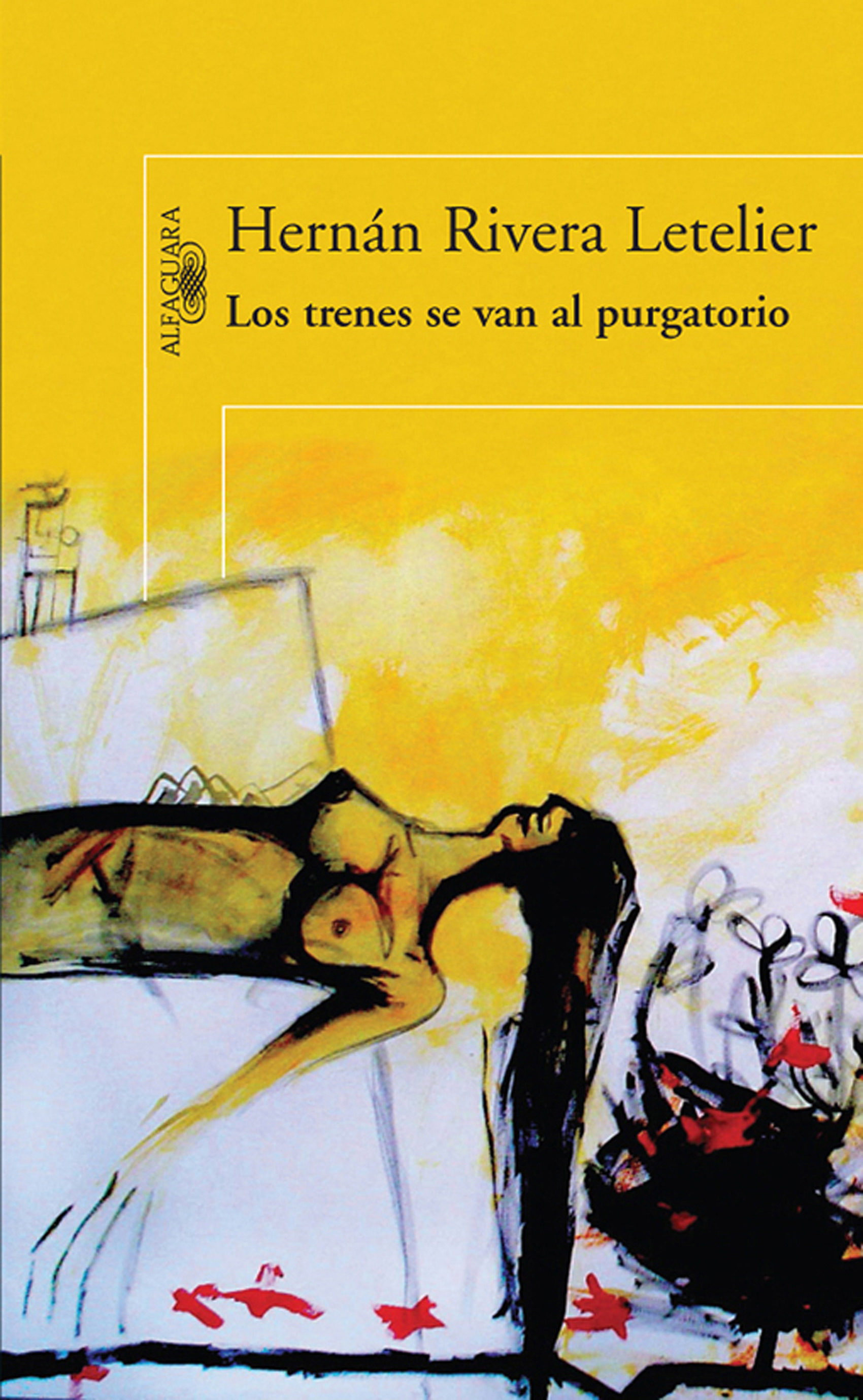Los Trenes Se Van Al Purgatorio Pdf

Author by: Cecilia OjedaLanguage: enPublisher by: Edwin Mellen PressFormat Available: PDF, ePub, MobiTotal Read: 57Total Download: 669File Size: 46,8 MbDescription: This book focuses on the 'New Chilean Narrative' published in the historically significant decade of the 90s by a group of writers belonging to the 'Generation of the 80s'. The analysis of selected texts by Ana Maria del Rio, Diamela Eltit, Guadalupe Santa Cruz, Jaime Collyer, Ramon Diaz Eterovic, Gonzalo Contreras, and Alberto Fuguet explores the literary strategies by which these writers present literary 'imageries of deception' that question the post-dictatorial order in Chile. The concept of 'imageries of deception' alludes to literary motifs that represent a critical view of a Chilean contemporary reality whose source can be traced to the Pinochet dictatorship and its ideological aftermath. The 'imageries of deception' question the dominant myths that sustain Chilean post-dictatorial society, and remember the nation's ideological conflicts of the past three decades. Warhammer total war future dlc. As cultural spaces where memory resists the dominant will to deceptively erase the past, the narrative of the 90s reveals the enduring and debilitating impact of a dictatorship successfully disguised as the current 'neo-liberal democracy'.

Los Trenes Se Van Al Purgatorio Pdf English
Author by: Cecilia OjedaLanguage: enPublisher by: Edwin Mellen PressFormat Available: PDF, ePub, MobiTotal Read: 57Total Download: 669File Size: 46,8 MbDescription: This book focuses on the 'New Chilean Narrative' published in the historically significant decade of the 90s by a group of writers belonging to the 'Generation of the 80s'. The analysis of selected texts by Ana Maria del Rio, Diamela Eltit, Guadalupe Santa Cruz, Jaime Collyer, Ramon Diaz Eterovic, Gonzalo Contreras, and Alberto Fuguet explores the literary strategies by which these writers present literary 'imageries of deception' that question the post-dictatorial order in Chile. The concept of 'imageries of deception' alludes to literary motifs that represent a critical view of a Chilean contemporary reality whose source can be traced to the Pinochet dictatorship and its ideological aftermath. The 'imageries of deception' question the dominant myths that sustain Chilean post-dictatorial society, and remember the nation's ideological conflicts of the past three decades. As cultural spaces where memory resists the dominant will to deceptively erase the past, the narrative of the 90s reveals the enduring and debilitating impact of a dictatorship successfully disguised as the current 'neo-liberal democracy'.